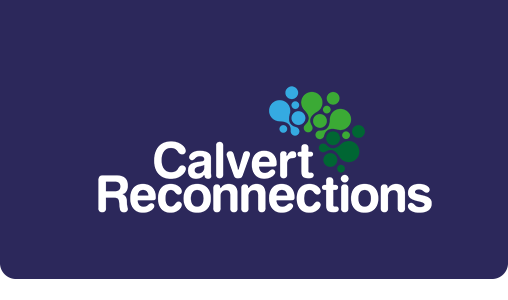Improving mental well-being during ABI rehab: an integrated approach
By Rob White, MSc Psychology (conversion)
What is unique about Calvert Reconnections is the use of outdoor activities as a key component of its rehabilitation provision. One interesting aspect of this approach is how the environment in which these activities take place has the potential to directly improve the mental wellbeing of participants.
The inclusion of emotional assessments and the subsequent supportive therapies such as CBT into all participant’s rehab goals reflects the importance of this aspect of the reconnection process.
These therapeutic approaches can help participants to come to terms with their injury as well as having a positive influence on their mental wellbeing, which in turn can directly and indirectly influence the body’s ability to physically recover. While it is clearly recognised that acquired brain injuries (ABI) and mental wellbeing are distinctly different, it has been shown that around 50% of people with an ABI experience depression. This statistic is a stark reminder that supporting an individual’s emotional needs post injury is equally as important as developing their physical and cognitive functions.
Nurturing a participant’s emotional wellbeing through the rehab process can take many forms, from dedicated therapy sessions to family support. What is unique to Calvert Reconnections is that the activities and environment will also help to meet the participant’s emotional needs, with the view to providing a better experience overall.
Participation in sport as a treatment for mild depression is now being prescribed by doctors in Scotland and this approach is backed by a wealth of research showing that regular exercise significantly improves overall mental wellbeing. Therefore the inclusion of sporting activities in a rehab programme can be seen to have emotional benefits, in addition to those traditionally linked to sport and exercise such as improved coordination and fitness. By supporting participant’s emotional wellbeing through the combination of traditional therapeutic treatments and regular participation in sporting activities they should benefit from a higher overall level of wellbeing.
There is considerable anecdotal evidence from visitors to the Calvert Trust of how being out in nature has had a positive impact on their emotional wellbeing. This is backed up by a considerable amount of research into the influence of spending time in green spaces on mental wellbeing. Simply put, being in nature is good for our mental wellbeing. Therefore by delivering activities in an outdoor environment Calvert Reconnections are able to have a positive impact on participants emotional wellbeing beyond what can be achieved in a traditional rehab setting.
Linking together the benefits of sporting participation and being in nature, there is a growing body of research into the effects of participating in sporting activities in outdoor environments. The current evidence shows that undertaking these activities has a positive influence on an individual’s motivation, performance and emotional wellbeing, which are all outcomes that can be seen to enhance the rehab process.
Calvert Reconnections in partnership with Newcastle University will explore this new approach to neurological rehabilitation and contribute to improving the rehab process for individuals with an ABI.
Sign up to our newsletter
Stay in touch with Calvert Reconnections. Whether you are planning to stay with us or get involved with our work, our regular e-newsletter will keep you up-to-date with everything that is happening here at Calvert Reconnections. Including latest news, programme information and our success stories.
You can unsubscribe at any time.
